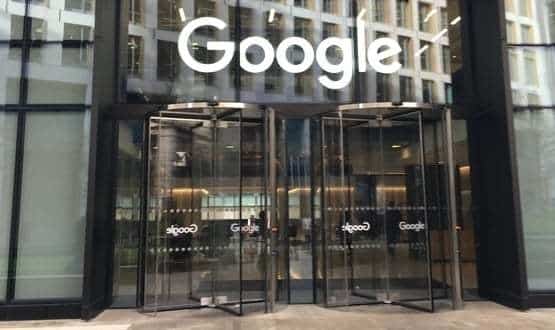Tech giants make interoperability pledge for US health data
- 17 August 2018

Technology giants including Apple, Google, Microsoft and IBM have committed to promoting open standards for US healthcare in a landmark joint statement.
At the Blue Button 2.0 Developer conference in Washington D.C. on 13 August, Apple, Amazon, IBM, Microsoft and Salesforce announced they would work together to drive common standards for exchanging health information.
Specifically, the tech firms pledged to develop tools based on the vendor-agnostic HL7 and Fast Healthcare Interoperability Resources (FHIR) standard. The aim is to make it easier for healthcare organisations and patients to share and access health data – notably on smartphones and other consumer devices.
The statement issued by the firms reads: “We are jointly committed to removing barriers for the adoption of technologies for healthcare interoperability, particularly those that are enabled through the cloud and AI.
“We share the common quest to unlock the potential in healthcare data, to deliver better outcomes at lower costs.
“Together, we believe that a robust industry dialogue about healthcare interoperability needs will advance this cause, and hence are pleased to issue this joint statement.”
Interoperability remains a major sticking point for healthcare IT, underscored by a variety of competing vendors with proprietary standards and systems.
The Digital Health Intelligence 2018 NHS IT Leadership survey revealed that enabling healthcare staff to share patient information has become a top priority of NHS IT leaders.
While shared care record initiatives such as NHS England’s LHCRE programme are beginning to address the issue, some vendors remain reluctant to give rivals access to their lucrative data pools.
Tech companies have sought to address the interoperability conundrum with a number of cloud-based solutions.
DXC Open Health Connect is an effort to link up disparate healthcare IT systems so that care providers can more easily share information. Meanwhile Google has launched an open-source cloud API that will enable healthcare organisations to aggregate data from multiple clinical systems.
In June, Apple opened up its Health Records API to developers in the US, allowing iPhone users to share health record data with third-party apps.
Anne O’Hanlon, solution consulting director at Orion Health and IT vendor representative on the INTEROPen board said the announcement was “very significant for consumers” in that it would drive desire for the FHIR standard.
“We can’t solve the interoperability challenge on our own – it requires a communal effort,” she told Digital Health News.
However, O’Hanlon said that Google and co. faced unique challenges in adapting FHIR capabilities for the UK, in that England, Wales, Scotland and Northern Ireland all use different standards.
Tech giants are therefore unlikely to be willing to accommodate for each country’s standards, she explained.
“We have a micro-climate because clinical information models, reporting requirements and national APIs within each of the four nations are slightly different. That creates a re-usability barrier for the tech giants as it does for existing vendors,” said O’Hanlon.
“We need to think about how we can build an accommodating model and set of UK-wide APIs that would work for these companies – and that’s not an easy task.”





5 Comments
One can only doubt the independence of the author of this piece when the mention of Oracle is removed (from the text, the tags, everywhere), which was one of the signatories, and Apple gets added, which was not. Selecting one of the signatories (Google) for the illustrating picture is also not very elegant, when there are official pictures available from the signing ceremony.
DXC Open Health Connect launched back in March during HIMSS18, is an effort to link up disparate healthcare IT systems so that care providers can more easily share information!
Not to be picky, but Apple aren’t signatories to this, and I don’t believe they were at the D.C. meeting, so I’m not sure how they crept into the article.
Not that they aren’t on board with Blue Button and it’s principles; ReasearchKit & HealthKit both work to the same standards. It’s probabl more their aversion to participating in multi-vendor events.
What is the difference between a public funded health or social care agency committed in its constitition to being accessible, accountable, clear and transparent and a private contractor? The secrecy and opaqueness of the private contract and the motivation to maximise profits, aims to compliance with the performance with contract perameters, rather that aiming for better collaboration and working towards greater int even if it means doing your agency out of a lucrative contracts, threatening legal action when the outfit looses contracts.
our nhs england is a riding on the coat tails of these multinational corporations who cynically already minimise paying tax in the countries where they earn income
Why would these tech giants struggle with UK?
A couple of them have already connected to UK/NHS FHIR Demo servers and several trusts have deployed these CareConnect FHIR API’s live.
Comments are closed.